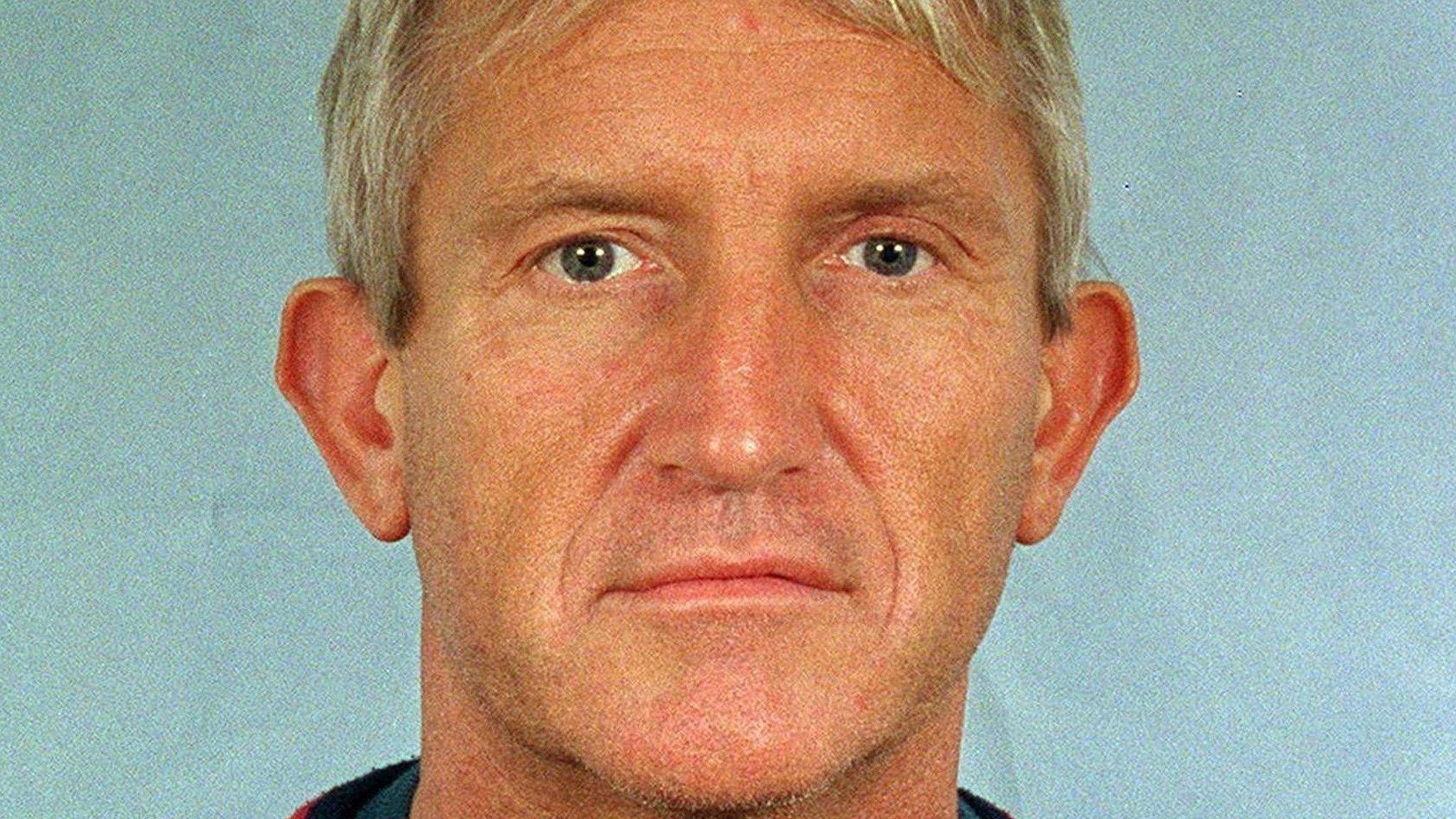Kenneth Noye loses M25 murder conviction appeal
- Published
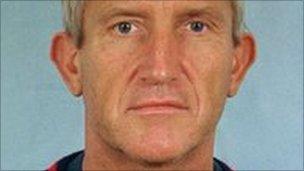
Kenneth Noye fled to Spain after the killing in 1996
Kenneth Noye, one of the UK's most notorious criminals, has lost his appeal against his conviction for a road rage murder in Kent.
Noye, 63, stabbed 21-year-old Stephen Cameron during a fight on an M25 slip road at Swanley in 1996.
He fled to Spain afterwards but was extradited in 1998 and jailed for life at the Old Bailey in 2000. He denied murder, on the grounds of self-defence.
Two previous appeals by Noye, in 2001 and 2004, were unsuccessful.
Mr Cameron was stabbed in front of his fiance, Danielle Cable, who is now in a witness protection scheme.
Noye's case was being looked at again following a decision by the Criminal Cases Review Commission (CCRC) to refer it to the Court of Appeal.
Clare Montgomery QC had told Lord Judge, the Lord Chief Justice, and two other judges that key prosecution witnesses at the trial were now "so discredited" that Noye's conviction should be quashed.
'Gross over-reaction'
She said the court must regard pathologist Michael Heath and eyewitness Alan Decabral as being "so discredited or potentially discredited that the court would have to ignore their evidence".
Ms Montgomery said fresh evidence had demonstrated their unreliability and therefore the conviction was unsafe.
Mr Decabral, 40, from Pluckley in Kent, was shot dead in October 2000, six months after Noye's trial.
Noye launched his appeal in 2001 on the grounds that Mr Decabral had a criminal background and had lied in the witness box.
Kent Police said to date there had been no charges in relation to Mr Decabral's death, and the file on the case remained open.
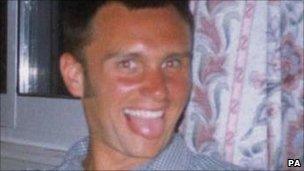
Stephen Cameron fought with Noye on a slip road to the M25
Giving judgement on Tuesday, Lord Judge, sitting with Mr Justice Henriques and Mr Justice Davis, said there was no doubt that Mr Cameron was "deliberately stabbed" by Noye, and that it "was not self-defence".
Lord Judge said: "Rather it was a gross over-reaction in the context of a fight with an unarmed man, almost certainly consequent on the fact that the appellant was losing it."
He said nothing in Dr Heath's evidence "threw light on the truthfulness, or otherwise, of what the appellant asserted was in his mind, which was that he struck out in a panic while in mortal fear".
The prosecution case was that Noye had deliberately used the knife and caused the fatal injury, "not because he was in a panic or fearful of mortal injury, but because he had involved himself in a fight which he was determined he should not lose, and so he resorted to the use of a fatal weapon".
Lord Judge said: "To open the knife, and then return to the fight and 'punch' Mr Cameron with the open knife held in his fist was a wholly disproportionate response."
He went on to say that Noye could have tried to run away, or sought refuge among the many people who were nearby.
Lord Judge added that if Noye had genuinely thought Mr Cameron might have disarmed him and used the knife on him, he could have thrown it away.
"Dr Heath's evidence did not impinge on the essential issues in this trial, and the diminution of his standing as an expert witness does not undermine the safety of this conviction."
The judges found that no point raised during the appeal had caused the court to doubt the safety of the conviction.
Speaking outside court, Det Insp Dave Withers of Kent Police said: "We are pleased that the court have examined the evidence that has been presented and have found that the conviction is safe.
"We now hope that this brings some reassurance to Stephen Cameron's family and friends."
- Published14 October 2010
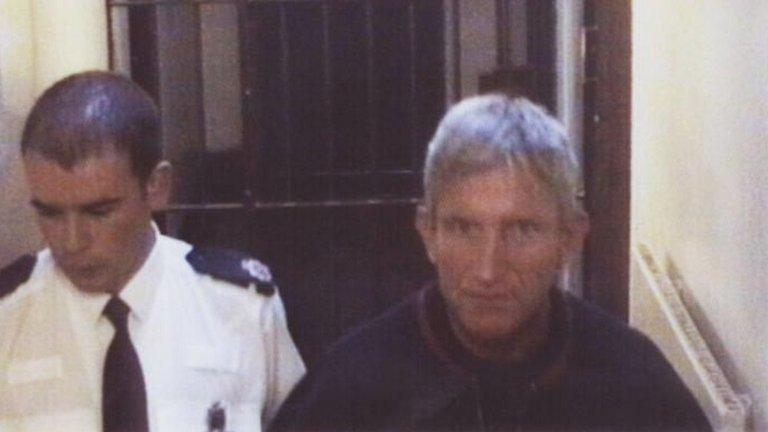
- Published13 February 2015
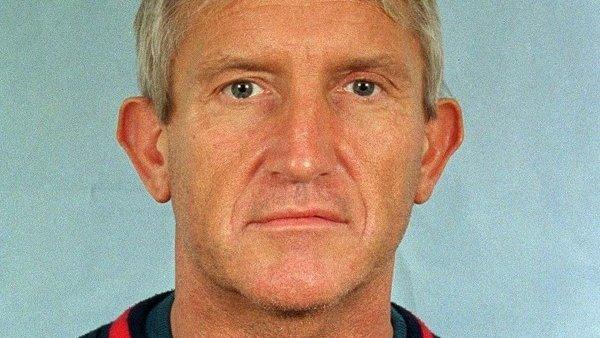
- Published25 June 2010
